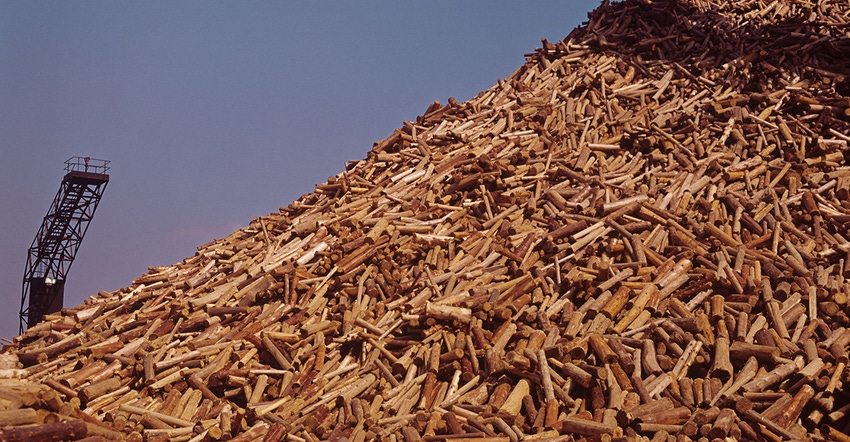Sabic, Kraton Collaborate on Renewable Styrenic Block Copolymers
The partnership will deliver certified renewable butadiene from Sabic’s Trucircle portfolio for use in Kraton's styrenic block copolymers.
March 15, 2022

Sabic has announced a new collaboration with Kraton, a global producer of specialty polymers and high-value biobased products derived from pine wood pulping by-products. Sabic will deliver certified renewable butadiene from its Trucircle portfolio for use in Kraton’s certified renewable styrenic block copolymers (SBCs). Each kilogram of Sabic’s bio-based butadiene reduces CO2 emissions by an average of 4 kg compared to fossil-based virgin alternatives, according to the companies. Additionally, each tonne of butadiene reportedly cuts fossil depletion by up to 80%.
Sabic’s certified renewable butadiene will be used in Kraton’s newly launched ISCC PLUS–certified renewable CirKular+ ReNew Series, expanding its existing suite of products designed to advance the circular economy. With up to 70% certified renewable content, the ReNew Series offers customers the opportunity to use the mass balance approach and adopt ISCC PLUS certification to produce renewable products. Kraton successfully produced CirKular+ ReNew Series hydrogenated styrenic block copolymers (HSBCs) at the Berre plant earlier this year using Sabic’s renewable butadiene.
"Kraton’s ambition is to enable the bioeconomy and play a role in advancing the circular economy,” said Holger Jung, Kraton Senior Vice President, and Polymer Segment President. “Value chain collaboration is instrumental in achieving progress toward a circular economy. Kraton is excited to collaborate with Sabic in using certified renewable butadiene, enabling us to develop and produce styrenic block copolymers with up to 70% of certified renewable raw material content. This is an exciting innovation for our customers as it can help reduce the carbon footprint of fossil-based HSBC made in our Berre plant by up to 65%,” said Jung.
Sabic’s certified renewable butadiene is derived from animal-free and palm oil–free “second generation” renewable feedstock, such as tall oil, a by-product from the wood pulping process in the paper industry. This feedstock is not in direct competition with human food and animal feed production sources.
Mohammed Al-Zahrani, Vice President, Chemicals, at Sabic added, “Developing more sustainable solutions requires partnerships across the value chain. Our collaboration with Kraton for renewable butadiene as feedstock for Kraton’s polymers is another example of working together toward our common goals and confirms the wide interest from the chemicals industry in developing sustainable solutions for the future. After Sabic’s earlier successes in developing certified renewable and circular ethylene, propylene, and benzene, we are delighted to add certified renewable butadiene to our Trucircle portfolio.”
About the Author(s)
You May Also Like




